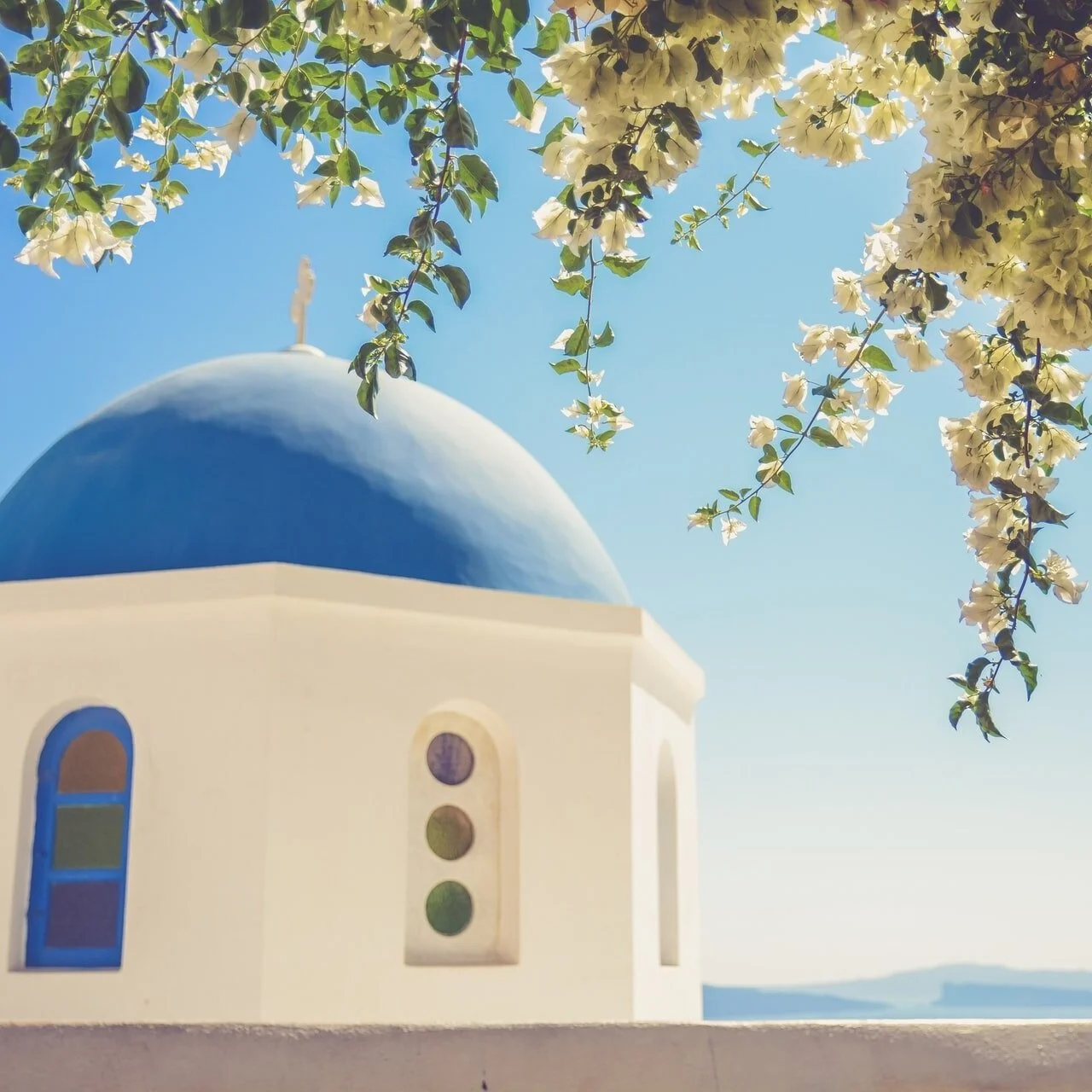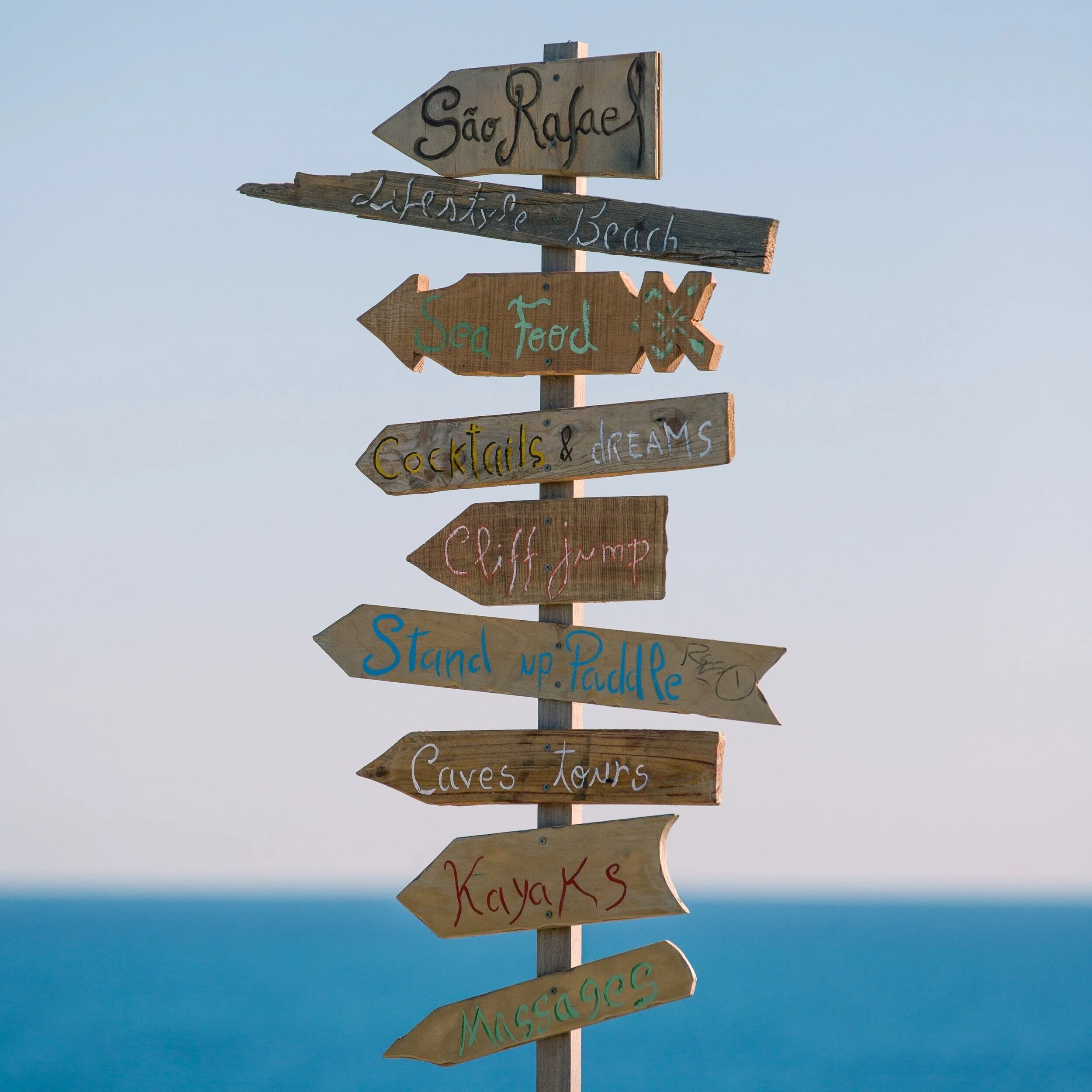Photograph Anny Pappa
“The highlight of Easter ceremonies is the ‘Liturgy of Love’, on Easter Sunday at 3PM at the Monastery of St. John. ”
The Orthodox Easter Holy Week is known as ‘Passion Week’ on the island of Patmos, where the Apocalypse was written. Here locals and visitors are immersed in a deeply spiritual atmosphere leading up to Orthodox Easter, uniquely tied to the presence of the Monastery of St. John, where the earliest Christian traditions are observed throughout the week.
‘The Washing of the Disciples’ Feet’ on Maundy (Holy) Thursday is the most important church ceremony. The Priest portrays the role of Christ who washed the feet of His disciples before His Crucifixion. A stage is constructed in the square of the capital village Ηóra. In an awe-inspiring ceremony, the Abbot, after washing the feet of 12 monks, steps off the stage and departs for a sacred place to pray, reminding us of the way Jesus followed towards the Garden of Gethsemane.
The reenactment of the Deposition from the Cross takes place in the Monastery of St. John, and on the same night the Epitaphs of the various churches fill the narrow cobbled streets and paths of the island to meet at the central squares of Ηóra (a UNESCO world heritage site) and Skála (Patmos’ port).
In the evening of Easter Saturday, the Monastery opens its gates for the celebration of the Resurrection. Locals and visitors have the privileged opportunity to attend an Eastern Orthodox mass in a mystic atmosphere of devout focus, held in one of the most important of all Christian monasteries. When ‘Christos Anesti’ (Christ has risen) is voiced at midnight by the Priest and congregation, an impressive display of fireworks light up the night sky and it’s time to celebrate.
People walk through the labyrinthine alleys of medieval Ηóra and arrive at restaurants and tavernas to savour traditional Easter dishes, as the 40-day period of fasting finally ends.
The highlight of Easter ceremonies is the ‘Liturgy of Love’, on Easter Sunday at 3PM at the Monastery of St. John. During this liturgy, dedicated to the Second Resurrection, the Gospel of the Resurrection is read in seven different languages. When the mass ends, red dyed Easter eggs are offered to all those in attendance by the Priest, ,symbolising the perpetual rebirth of life and nature.
When the religious ceremonies have come to an end, the time is perfect to celebrate Easter Sunday with traditional Greek culinary delights, appreciating the history and beauty of Patmos.
Explore Patmos
Take a private Shore excursion and visit the Grotto of the Apocalypse and the Monastery of St. John. Don’t miss the 12th century frescoes in the Capel of the Virgin Mary that were uncovered by 1956 earthquake that shattered the 17th century coverings. Walk at the narrow streets of Chora of Patmos and break for coffee at the stunning Grikos Bay.
Getting There
JOIN US AS WE EXPLORE GREECE
Don’t leave home without insurance












